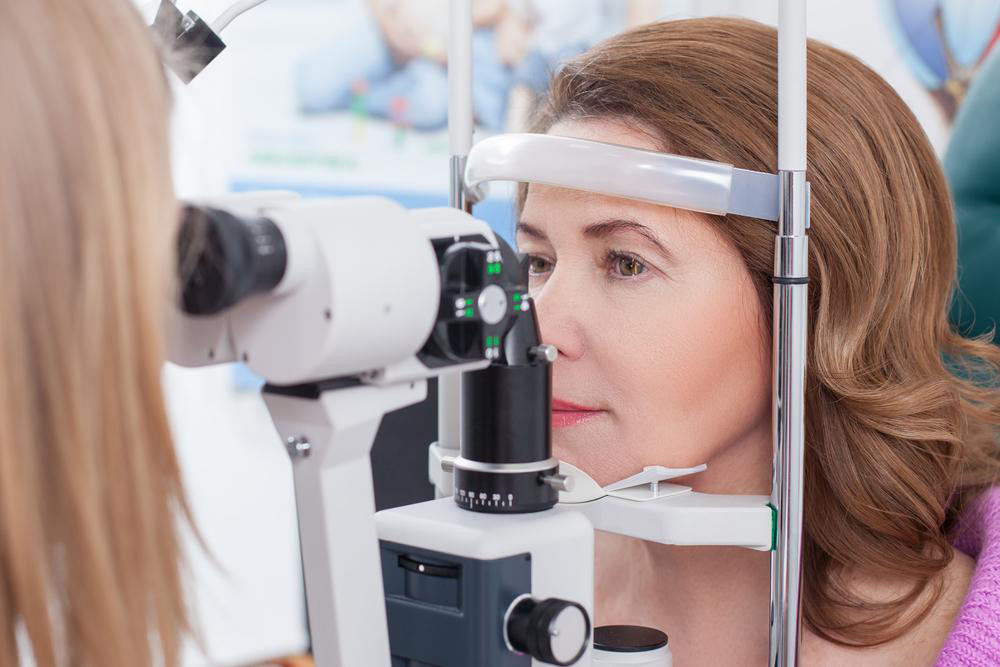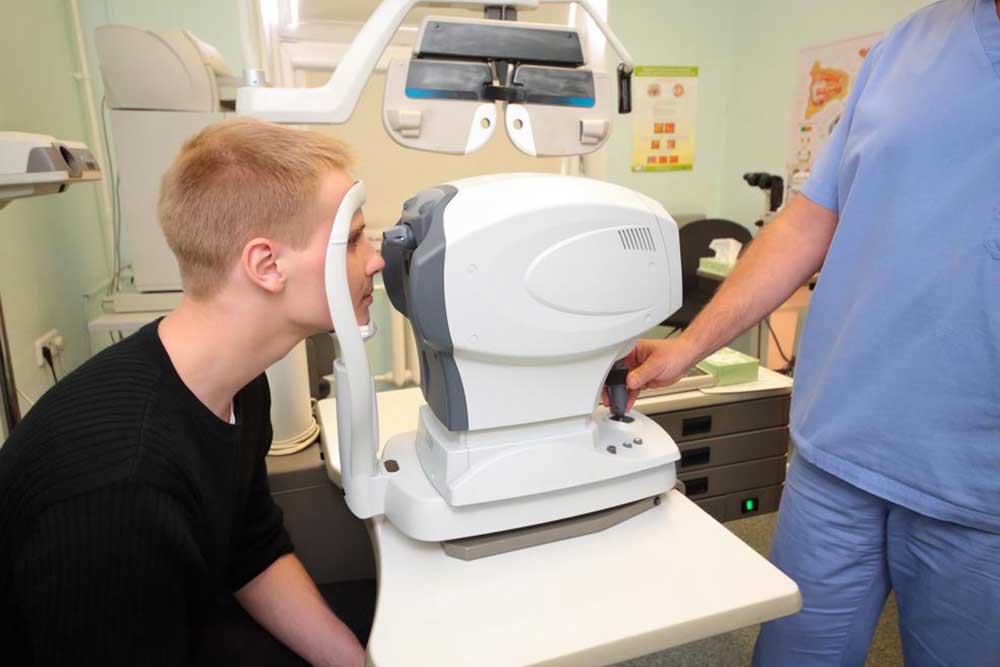Retinal Diseases and Their Warning Signs
This article discusses common retinal diseases, their symptoms, and the importance of early diagnosis. It covers conditions like eye strain, redness, night blindness, and strabismus, emphasizing prompt medical consultation to prevent severe vision loss. Understanding these warning signs helps maintain ocular health and vision clarity. Staying aware of retinal health issues and seeking timely specialist advice can significantly improve treatment outcomes and preserve eyesight.

Retinal Diseases and Their Warning Signs
The retina, a crucial part of the eye, is susceptible to various health issues, some degenerative and others stemming from systemic conditions. The eye is equipped with two eyelids lined with long eyelashes, which help protect and keep the eye moist. Proper blinking and tear production are essential to maintain clear vision. Sudden or persistent symptoms should never be ignored, as some conditions can lead to severe vision loss if left untreated. Prompt consultation with an ophthalmologist is advised for symptoms lasting more than three days.
Various complex surgical interventions are sometimes necessary to address retinal problems.
Eye Fatigue
Intensive use of the eyes, such as working long hours on computers, reading extensively without breaks, or long-distance driving, can cause eye fatigue. Rest typically alleviates this concern, but persistent soreness beyond a few days requires professional evaluation.
Redness in the Eye
The sclera, the white outer layer of the eye, has many blood vessels. Irritation or infection causes redness, which can sometimes involve the entire eye. Conditions like conjunctivitis or allergies often cause redness accompanied by sensitivity to light, gritty sensation, or discharge. If over-the-counter remedies don’t resolve the issue, it’s best to see a specialist.
Difficulty Seeing in Low Light
Problems with night vision can indicate issues like cataracts, vitamin A deficiency, myopia, or keratoconus. These conditions are treatable. However, in cases of congenital or retinal degenerative diseases, vision loss may be permanent, requiring adaptation.
Crossed Eyes (Strabismus)
This condition involves misalignment of the eyes, resulting in one eye looking in a different direction when focusing. Treatment by an ophthalmologist is necessary to correct such misalignment.
Many early symptoms of eye disorders can resemble more serious issues, emphasizing the importance of early diagnosis. Prompt medical attention improves outcomes and prevents permanent damage. When in doubt, it’s better to seek professional advice without delay.










